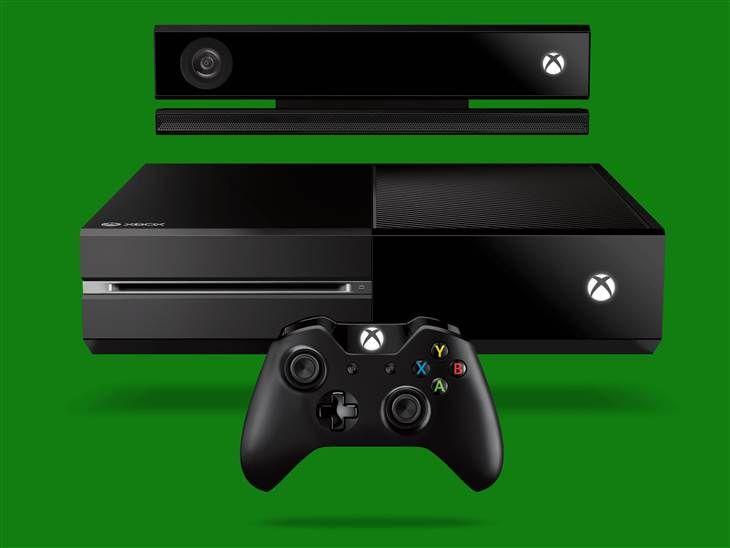A new site launched by Microsoft answers a series of questions posed by most gamers after their press conference two weeks ago. The site speaks about the need for an online connection (though not a persistent one), the ability to play used games and many other subjects. The Xbox One doesn’t require a persistent online connection as was previously thought, but in order to play games the system does need to be connected to the Internet at least once every 24 hours. The connection isn’t required to watch TV or movies, but even single-player games will mean you have to allow the Xbox One to make an Internet connection every 24 hours. Multiplayer online games will, of course, require an online connection; Microsoft says 1.5 Mbps is the speed you need for this functionality.
The delivery system for games has also changed. Discs were revealed to be only a means of installing games faster, and not necessary to run games; the disc provides the content and the license key. “The platform policies also contained something that will likely be viewed as negative: games will be made available via digital distribution through Xbox Live on the day of release of the packaged product,” points out analyst Michael Pachter in an investment note. The implications are, as Pachter points out, “this disclosure has the greatest potential to negatively impact GameStop’s business, as GameStop is unlikely to participate directly in these digital sales; however, we believe it is in the best interests of Microsoft and the publishers to integrate GameStop’s PowerUp Rewards currency into digital transactions in some manner. We think it is possible that either gamers will allowed to purchase digital content key codes from GameStop’s DLC kiosks, or that Microsoft will somehow allow the company to integrate its PowerUp Rewards program directly through Xbox Live.”

As far as users are concerned, you won’t have to get up to put a disc in the console every time you want to play. Microsoft has also made sure the whole family can play; games upload to a cloud storage where the owner and 10 family members log into the system and have access to all of the games uploaded to the system. Another piece of information added was the fact that there would be no additional fees to play used games, at the basic level. If developers allow it, games can be traded in and resold. Allowing friends to borrow games will also be possible, but only if the other person has already been on your friends list for over 30 days. However, while games can be given to a friend, each game can only be shared once.
Finally, the site clears up the system’s necessity to have Kinect connected at all times. While the device must be connected to the system, the Kinect can be turned off. In addition, the feature to turn the system on and off by saying “Xbox On or Xbox Off” can be turned off as well. All of these answer some very pressing questions gamers have had, but may not be the answers they wanted to hear. More information on the system will probably surface at E3.
The timing of this web site is no mistake. Microsoft is doubtless trying to put this issue behind them prior to E3, where the company will want to turn the focus to the Xbox One’s lineup of games. It’s going to work, too, at least for next week, when the audience will be focusing on the many shiny new games being dangled in front of them rather than details of licensing policy. The underlying question is just how many people care about this issue, and if it will really matter in the long term. Some commenters have pointed out that Steam has even stricter restrictions on software, and that hasn’t kept Valve from developing an enormous following. We also have yet to see Sony’s stance on these same issues, which may be similar to Microsoft’s. Gauging the real impact of this issue will take time.
Source: GI.biz

